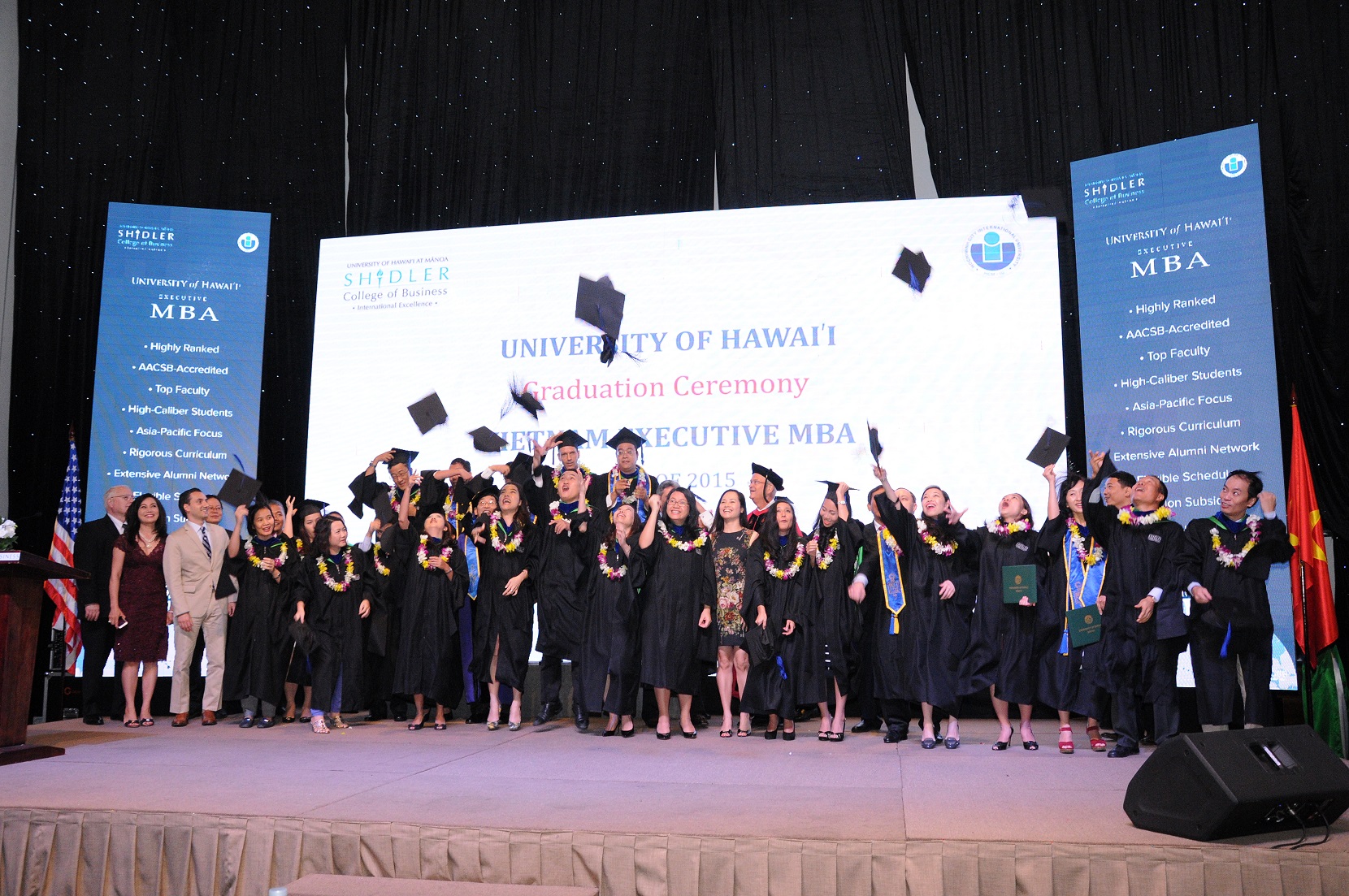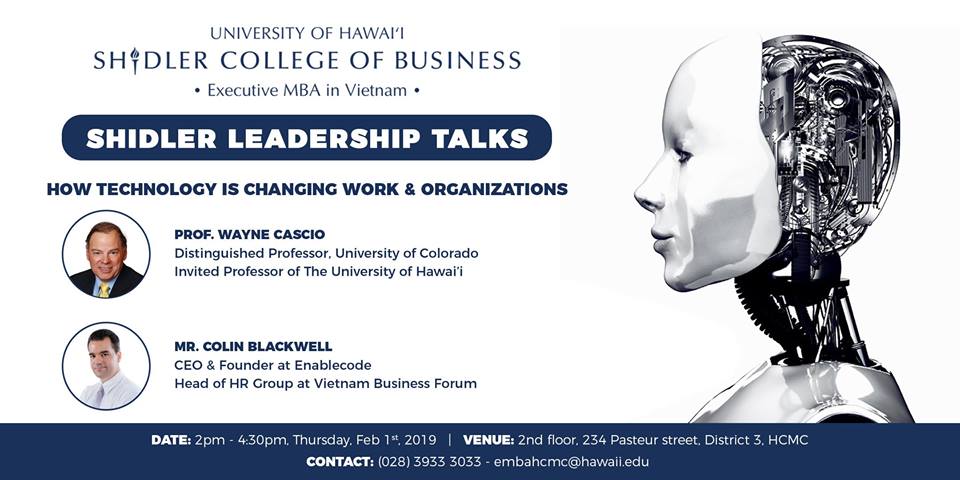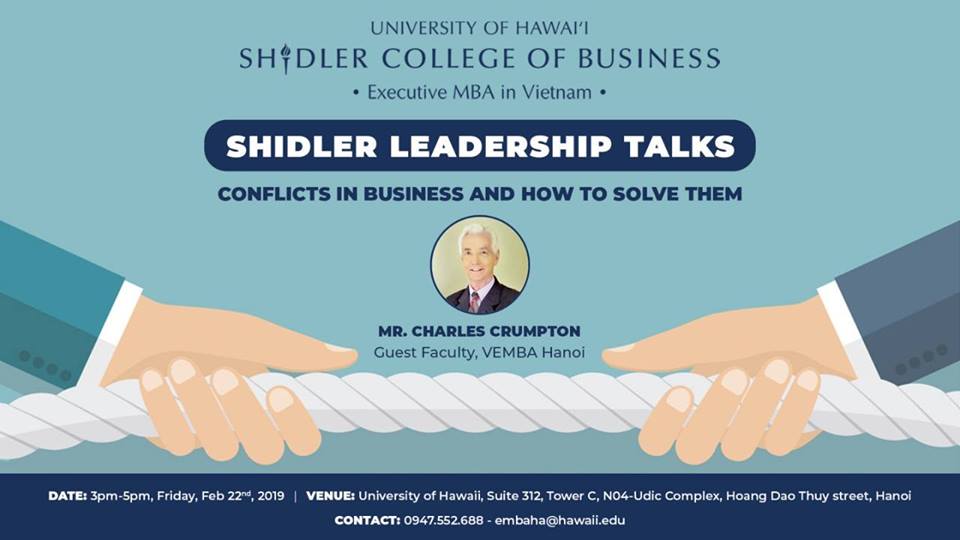Education - Why choose an Executive MBA?
Why choose an Executive MBA?
CSC Edu has been a marketing and financial partner of the University of Hawaii’s Vietnam Executive MBA (VEMBA)
Posted April 13, 2016
Guest post by Sophia Matveeva, Senior Admissions Consultant, The MBA Exchange
If you are reading this, you are probably considering a business school education. Whether you do a full-time MBA or choose the Executive track, you have a long and challenging path ahead – I know, I’ve climbed it!
I read books and blogs on the topic, spoke to alumni and visited as many campuses as I could. After that, I decided to study for an Executive MBA at Chicago Booth – a truly unique and exclusive programme, spread across Chicago, London and Hong Kong over 21 months. Despite its expense and the academic difficulty, it was one of the best decisions I have ever made.
If you are on the fence about MBA vs EMBA, I urge you to consider the four factors below.
1/ You apply what you learn as you learn it. At Chicago Booth, we took a class on Entrepreneurial Finance and learnt how to structure a term sheet. At the time, one of my classmates was fundraising for a biotech start up and as soon as the class was over he applied what he learnt to negotiate a good deal with Silicon Valley VCs. Other classmates received promotions at work as a result of their new skills.
2/ Better learning opportunities from your classmates. No matter how smart someone is, if they are 27 (the average age for a full time MBA programme), they are likely to have less to offer than a person of the same calibre at the age of 37. My class included a co-founder of a private equity firm in China, a partner in a leading law firm and several highly successful entrepreneurs. Discussing a case with classmates like this is a learning experience which only a top tier EMBA program can give you.

University of Hawaii, Vietnam Executive MBA, Graduation Ceremony 2015
3/ You keep your income. Whether you decide to do an MBA or an EMBA, you will have to spend a lot of money. An MBA is an inherently riskier investment, because you will have to give up your current income in order to study. At the end of the two-year degree, you expect to get a job which will begin to pay off the fees. However, as we learnt in the latest financial crisis, a lot can happen in two years and there is a very realistic prospect that the employment market could be a much less welcoming place two years after you begin your degree. Working and studying at the same time allows you to mitigate this very serious risk and increase your net present value of earnings. Isn’t that why you’re interested in the degree in the first place?
4/ Your professors enjoy it more. I have heard my Chicago Booth professors say they prefer to teach the Executive MBA programme because the interaction with the class is more interesting. For example, when studying the banking crisis, my classmate who heads the treasury of a major global bank, was able to offer insights which would simply be unavailable in a classroom filled with JP Morgan and McKinsey analysts. If a top business school professor is enjoying teaching the class, then so are the students.
To sum it up, the EMBA route is difficult. You are forced to juggle many things at once. However, in my view, the benefits of progressing at work and getting a world-class degree outweigh the costs. As a next step, I encourage you to request a free, expert evaluation of your candidacy to confirm your competitiveness for the most selective, prestigious EMBA programmes.



